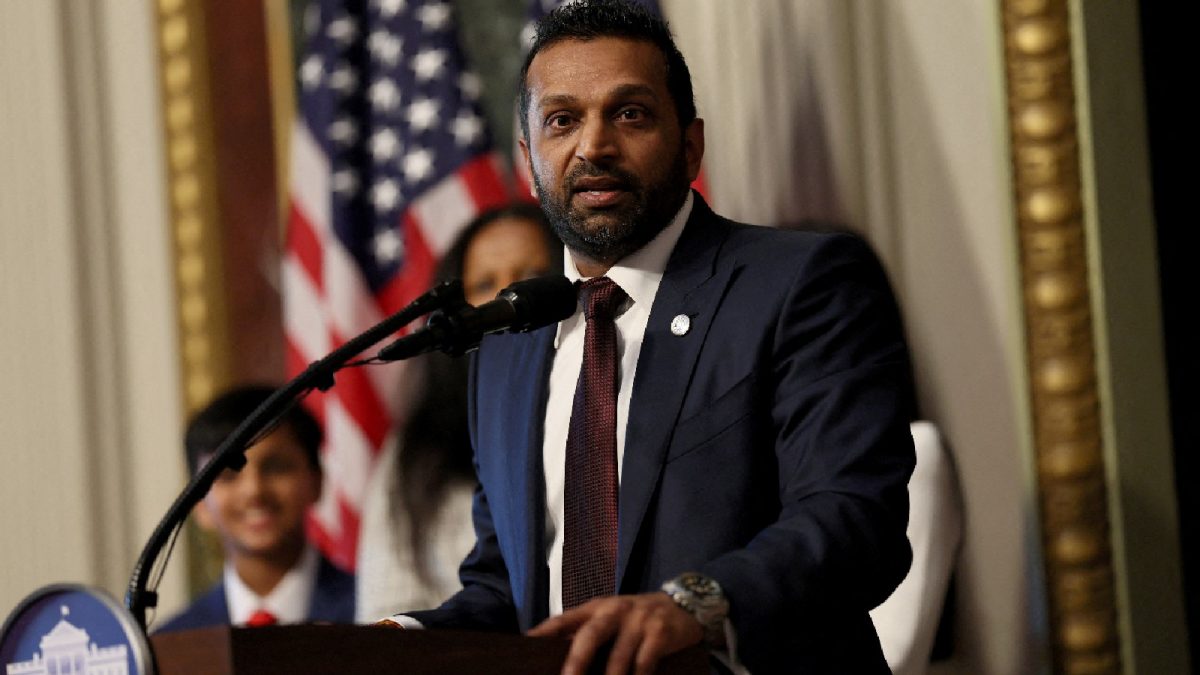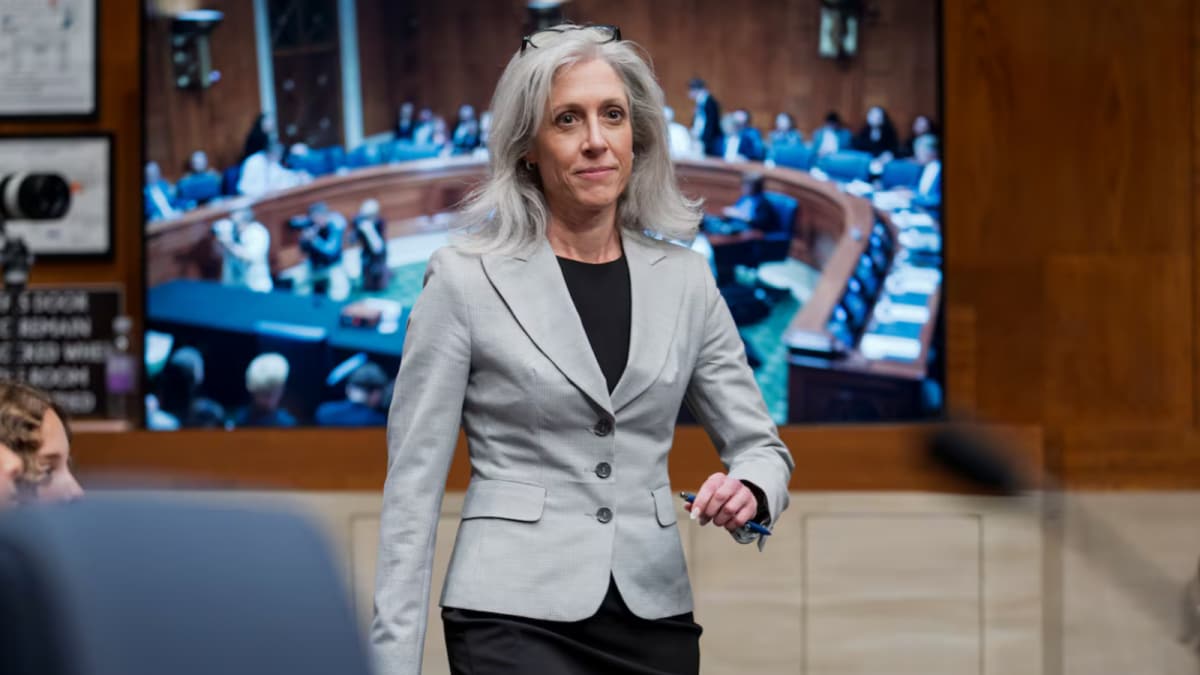The leader of the Conservatives, Kemi Badenoch, has said she does not believe one in four people are disabled and the term is in danger of losing its meaning, as she used a speech to criticise the size of the welfare state.
Badenoch called for restrictions on disability benefits for those suffering conditions including food intolerances, anxiety and mild depression.
She made the speech at the Centre for Social Justice a week after Keir Starmer’s government scaled back the extent of its cuts to disability benefits in the face of a huge revolt from backbench Labour MPs and disability rights groups.
The backlash continues, with charities saying “huge swathes” of severely disabled people would be affected by the planned universal credit cuts.
However, Badenoch said the cuts do not go far enough, with the Conservatives having tabled proposals to stop sickness benefits going to foreign nationals. “We now live in a country where one in four people self-report as disabled, and people are receiving disability benefits for having tennis elbow. I know some may disagree with me, but I do not believe that one in four of us can be considered disabled without the term losing all meaning,” she said.
She said Britain “clearly cannot afford to support one in four people who now classify themselves as disabled”.
“We are going to have to draw a line in the sand about which conditions the state gives out support for,” she said. “Food intolerances are a medical fact, but they’re not something we should be handing out new cars for. That is not a joke. This actually happens.
“And anxiety and mild depression are real conditions but that doesn’t mean those suffering should be signed off work courtesy of the taxpayer.”
The Conservative leader also said she thought young people do not appreciate the value of work and suggested the UK needed to get a stronger work ethic.
“You need to go out, get a job, look after yourself and look after your family, should be the default position,” she said.
She said the Centre for Social Justice thinktank had published a report saying restricting disability benefits for some conditions could save £9bn, which would be used to fund better treatment for people with mental health difficulties.
After the speech, Badenoch also came under fire for failing to commit to the triple lock for pensions in future which guarantees an increase of whatever is highest – earnings, inflation, or 2.5%.
She said that it was Tory policy to support the triple lock for pensions but also that she was focusing on policy “right now”, and she did not say it would still be Conservative policy by the time of the next election.
Labour responded by claiming that Badenoch has “put pensioners on notice: the Tories want to slash the state pension for 11 million people”.
However, Chris Philp, the shadow home secretary, suggested separately on Thursday that welfare for working-age people should be cut before the state pension.
“So I think if we’re going to look for savings, it is better to concentrate on the working-age population. The welfare bill, as we know, is heading to £100bn by 2030 so I think it’s right that is the place to look first,” he said.
Both Badenoch and Phip dismissed the idea that their party had been damaged by this week’s defection of the former Conservative chair Jake Berry to Nigel Farage’s Reform party. Badenoch called it “banana republic” politics, while Philp said it was “not going to change the political weather in any way”.

 1 month ago
1 month ago

















